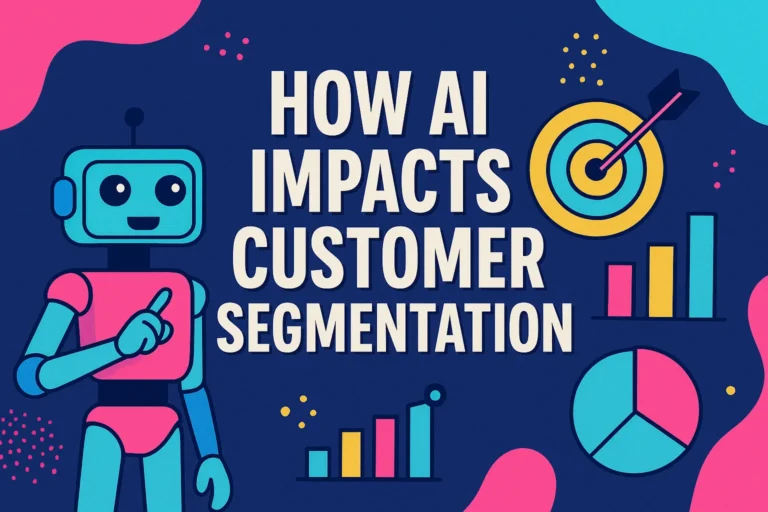The Similarities Between B2B Tech and Electric Vehicles…
Just as tech marketers gloss over the massive carbon footprint of server farms, EV manufacturers avoid discussing the fact that mining for battery production is a dirty business and recycling, or should we call it what it its: disposal, is a huge problem. You’ll get nods of approval when you mention reduced CO2 emissions, but the conversation could quickly go south when someone brings up the realities of mining lithium, cobalt, nickel, manganese, palladium and platinum. Nobody mentions that to convert the current stock of internal combustion engine vehicles in the world to pure electric, would require five times more deposits of some of these precious minerals than exist on the Earth. So, what do we do when they all become categorised as “unobtanium?”

Complexities, Costs and Long-Term Value
EVs and B2B tech solutions share a lot of similarities. Both offer complex products that require large investments, come with unique risks and rewards and both involve ongoing costs, whether it’s battery replacement or software maintenance fees. What may have looked like a good idea to save money on fuel, may not offer the same long-term value when you calculate the TCO. Considerations that cannot be ignored include high purchase price, insurance costs, depreciation, poor charging infrastructure, expense of battery replacement and the threat the thing could spontaneously combust at any time and for no apparent reason.
Stalled Future?
For tech companies, B2B sales are all about managing expectations, addressing pain points and showcasing long-term value. For EVs, the same approach applies but there’s a reason why most EVs are sold to fleet buyers, although no one is publishing the size of the discounts applied to those deals. Will EVs become the next big thing for consumers? Or will they remain niche novelty products, reserved for fleets and virtue signalling private buyers, such as hoodie-wearing, Tesla-driving tech founders?
A Weighty Topic
Well, you could argue the EV has already become the next BIG thing! The average weight of an electric family car ranges from 1,800 kg to 2,200 kg. For instance, a Tesla Model 3 weighs approximately 1,850 kg. Compare this to an average weight for a petrol-powered family car, such as a Golf or Focus, and the number is more like 1,300 kg. On average a fully electric family car weighs around 300-700 kg more than its petrol-powered equivalent.
Hammering the Infrastructure
Much of this added weight can be explained by the battery pack, which adds between 400 and 700 kg to the weight of a car. This added weight affects aspects such as handling, braking and energy efficiency. Although advancements in battery technology are continuously improving, most road and bridge infrastructure was never designed to withstand this level of beefed-up traffic. Have you noticed how many double-lane bridges have now been reduced to a single lane in a bid to protect the structural integrity?
EV or Nothing is a Bad Idea
One thing’s for sure, just like enterprise tech, EVs require smart marketing to make them appeal to informed customers. In the meantime, even the very best tech companies would struggle to market EVs to price-conscious families looking for good value, economy and reliability. Ford ceased manufacturing the Fiesta, a car that sold 22 million units worldwide and was the number one selling car in the UK for 12 years running. As recently as 2020, the Fiesta was still top of the sales charts in the UK, precisely because it meets the humble needs of the average motorist, without making a significant impact on the environment or demanding the earth’s precious resources. A small car like that driven on biofuel is one of the greenest personal transportation propositions available.
An Enterprise Solution to Personal Mobility
The reason given by Ford for discontinuing production was that the Fiesta platform was too small to convert to fully electric, with all the added weight and cost this entails. If this trend continues, we will no longer have access to small, efficient and low-cost cars, ideal for the average family to buy and perfect to meet the needs of the average use case. These types of vehicles were responsible for mobilising entire nations and generations, lifting people out of poverty, raising living standards and bestowing all of society with the freedom to travel.
Motor Industry at an Inflection Point
What will it say about humanity, and our economy, when entry-level personal transport will no longer be accessible to hard-working but average earning consumers? Is car ownership the next asset class to become prohibitively expensive, like home ownership? Do we want to live in a world where only the well healed among us will have the means to silently parade around in an overpriced and overweight electric conveyance? Ford’s decision to axe the Fiesta may yet prove to be a very big mistake, for all of us, and no amount of tech marketing trickery will fix that.
Read about the challenges of battery recycling: “The Hard Truth About EV Battery Recycling.”

You may want to read: “5 Step Guide to Crafting Your Problem Statement.”






